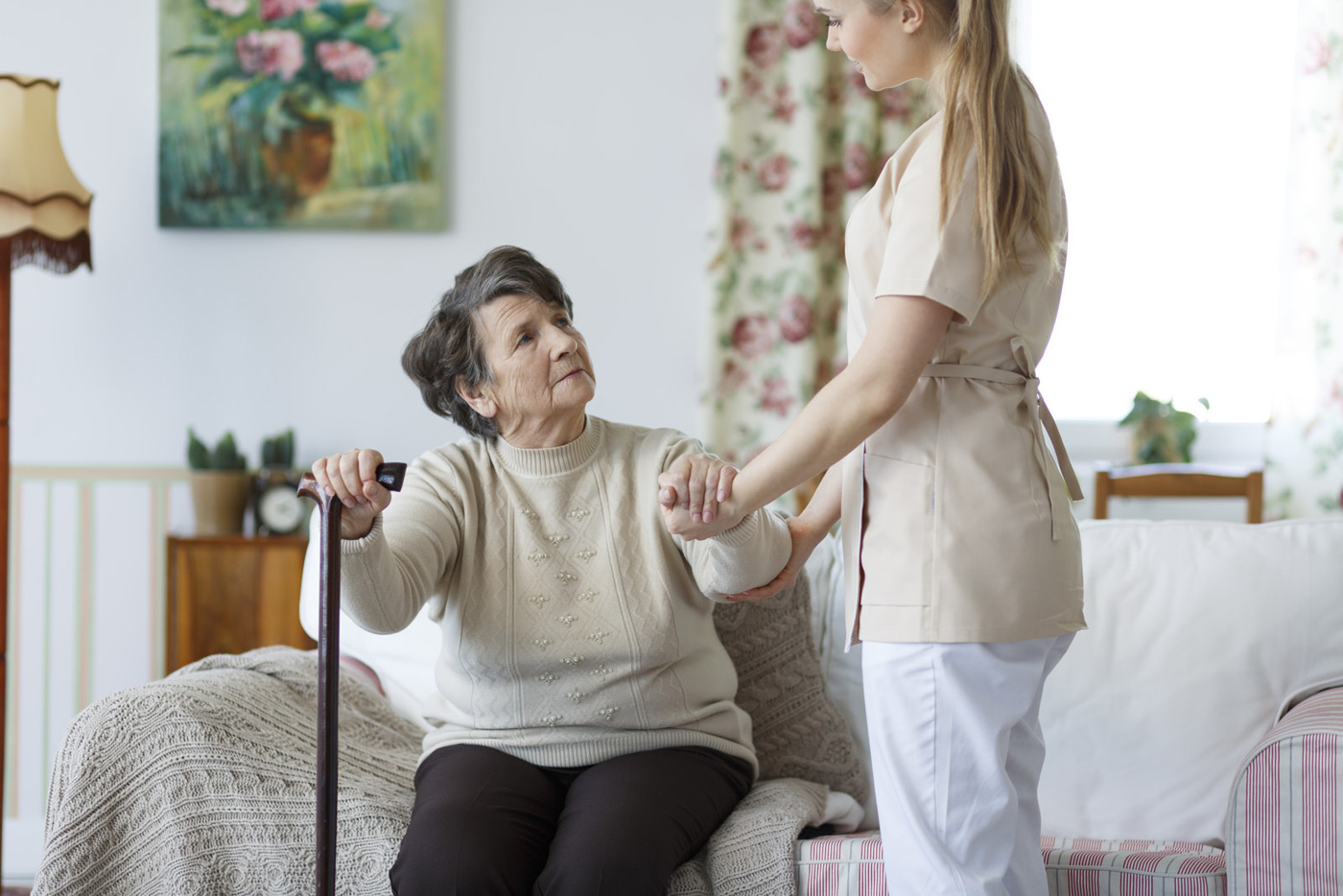Respite Care is a level of temporary care that is often paid by Medicare. Programs include levels of provisional care to treat seniors needing a higher level of care than themselves.
Services
There are various models and vehicles that provide Respite Care. These include:
- In-Home Respite Care often provided by Home Caregiving or Home Health Providers
- Specific facilities such as group homes, rehab centers or adult day services
- Daily non medical chores, such as help with dressing and bathing.
- Nurses and doctors available, but they do not provide advanced medical care
- Community Services, such as meals on wheels, or community service organizations
- Assisted Living Communities will sometimes provide apartments on a temporary basis with general nursing care
- Companion Services; many churches or community centers have volunteers who can provide help with:
- daily chores
- shopping
- temporary housekeeping
Specialization
Respite Care Providers will have programs that are a combination of private pay or home health services such as Physical Therapy or Occupational Therapy that can be covered by Medicare. It is often times set up in the Discharge plan from a hospital or rehab facility.
Preparation
Discuss with the doctor/social worker what expectations will be in recovery process
- What is realistic in the senior’s recovery as to assistance that will be needed?
- If the senior lives in their home, will they be able to function in their home environment?
- If the senior’s recovery requires a wheelchair, is the doorway into the bedroom and bathroom at least 33 inches wide? Can the senior navigate stairs? Are there proper grab bars installed in the bathroom and shower? If not, home may not be an alternative for the recovery process
- If needed and referred by a doctor, seek out Medical Supply companies for rentals for temporary ramps, wheelchairs, walkers, etc.
Evaluation
Below are questions you should ask the discharge planner to determine what Respite program is right for your senior loved one:
- What is the recommended Respite Care Plan for my loved one?
- How much of my loved one’s respite care will be covered by Medicare?
- Will you provide me with a detailed care plan of the path to recovery?
- How much overall care will my loved one need? What kind of care?
- Does my senior loved one have special meal requirements? If so, will you consult with the family on menu planning?
- Will my loved one require assistance with dressing, bathing, grooming? If so, what type of referral can we receive from the doctor for skilled help?
- What is your method and policy of communicating with immediate family once my loved one is released?
- What medical facilities do you serve to? Is your elder loved one within range of their primary physician?
Respite Care Radio Show Segments
- About Medicare
Beth Deems at Mission Health Care discusses Medicare. Medicare Part A covers inpatient hospitalization and inpatient skilled nursing rehabilitation on a short-term basis at 80%. Part B (an option for which you pay extra) provides outpatient coverage, including doctor’s office visits. Part D covers prescriptions. And Plan F is a supplemental policy you can buy to help cover things such as co-pays and the 20% that Medicare may not cover. Like all Federal programs, it is subject to change.
- Skilled Nursing
Beth Deems at Mission Health Care discusses the topic of Skilled Nursing. Once your parent has moved to skilled nursing, you may wonder what exactly that entails and why it is preferable to outpatient or in-home rehabilitation. Skilled nursing is focused on getting your loved one back to their prior living situation. By having 6 days of therapy a week (instead of 2 days, like in-home or outpatient), the patient progresses faster and returns to more independent living.
- Fall Prevention with Beth Deems
Beth Deems at Mission Health Care discusses fall prevention, one of the best things we as caregivers can do for our senior parents. And while it may not be possible to prevent all falls, mitigating that risk is so important. One in five falls results in a serious injury, such as broken bone or head injury, according to the Center for Disease Control.















